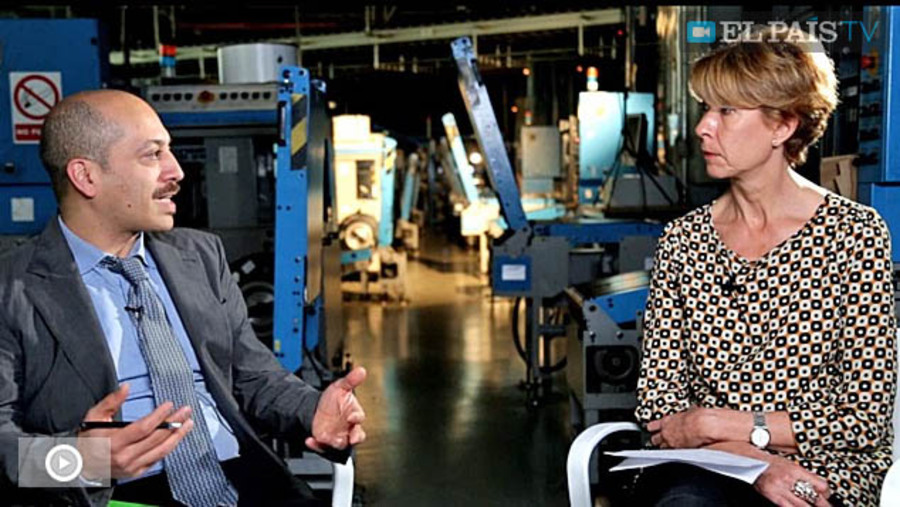Casa Árabe analyzes the uprise of Jihadism for El País
In this video, Karim Hauser, responsible for Casa Árabe’s Governance Area, reviews the causes behind its advancement in Europe
January 29, 2015
MADRID
Karim Hauser, an expert from Casa Árabe, talks about the increase in Jihadism in Europe. He believes that governments and intelligence services must defuse these trends.
BELÉN AYALA
Madrid
January 26, 2015
“The Islamic State and other organizations are the Muslim world’s far right and, like all extremists, they are very violent. They are on the rise, as the extreme right is in the West. It is very important that governments and intelligence services take action and defuse these trends,” reflects Karim Hauser, who is responsible for the Governance Area at Casa Árabe. His analysis about why the presence and violence of radicals in the West is increasing involves two topics: “There is a mixture of geopolitics,” he says, referring to failures like the invasion of Iraq or the images of torture at Abu Ghraib, “and a lack of incentives and future prospects for the youths of the second and third generation,” who were already born in large European cities.
Hauser believes that integration models have not adapted to the greater presence of minorities in public life, beyond just the debate over secularism, “but in France, for instance, they are creating an entity to promote dialogue with official Muslim representatives. The problem is nobody knows who they are.”
This specialist believes that Ceuta and Melilla, Europe’s only land borders with Africa, deserve special attention. “We already know of the presence of foreign combatants. Europe is already on alert. Amongst the world’s 1.6 billion Muslims, radical Jihadis amount to a tiny proportion, but they are very violent and the images of their actions spread like wildfire. Their ability to create turmoil is immense, even in peaceful places.”

